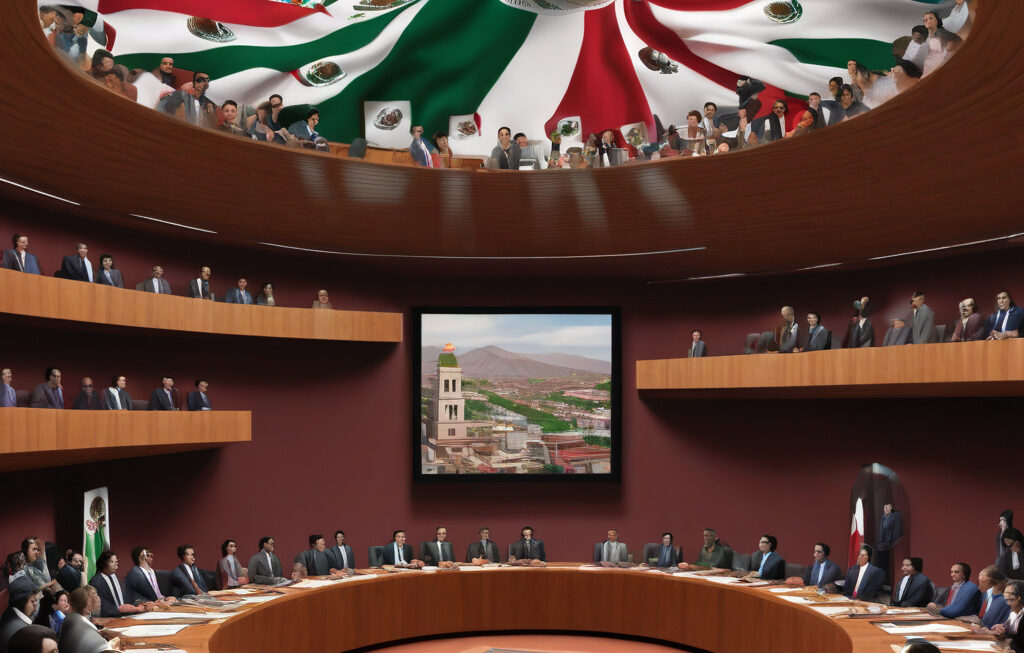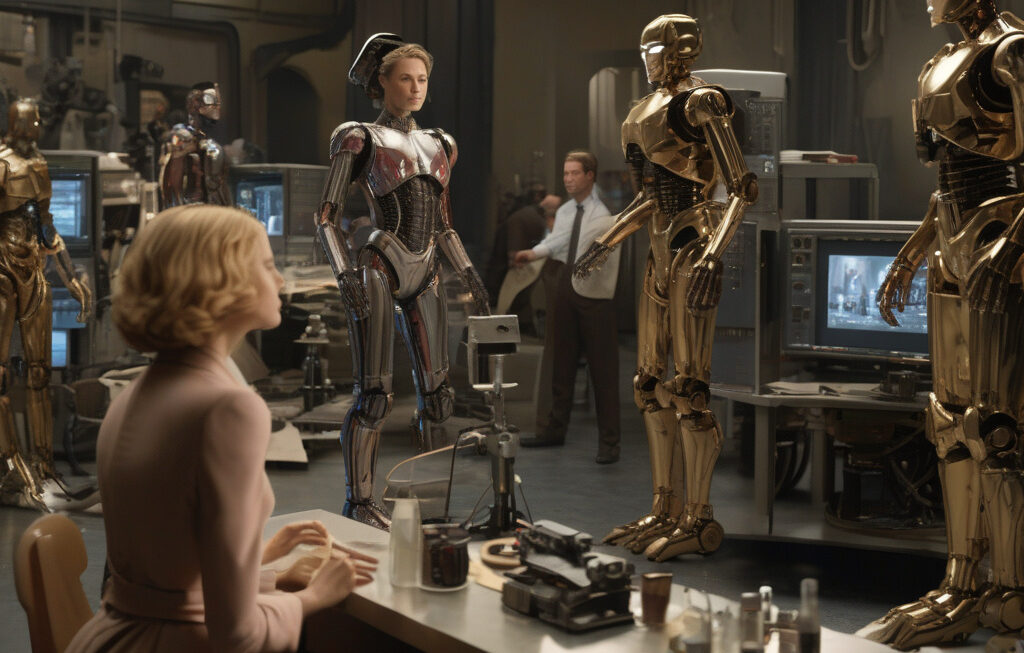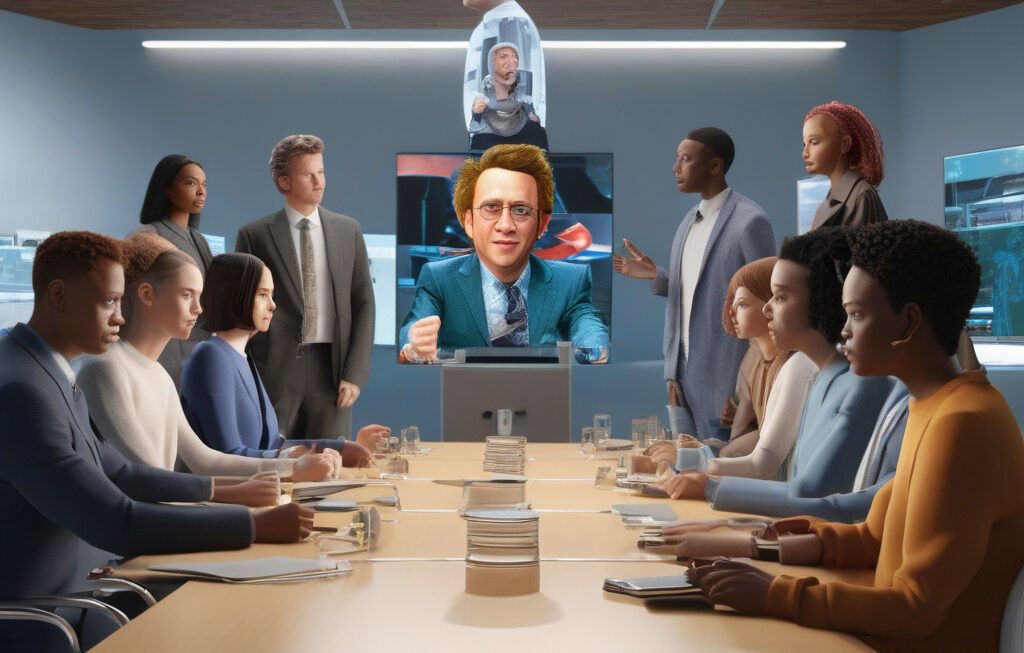AI Platforms Barred from Cloning Asha Bhosle’s Voice Without Consent
In a groundbreaking move to protect the intellectual property rights of legendary singer Asha Bhosle, a court has issued a restraining order against AI platforms from misusing her voice and image. The verdict sets a significant precedent in the realm of artificial intelligence, highlighting the importance of obtaining consent before replicating an individual’s voice for commercial purposes.
Asha Bhosle, known for her iconic contributions to the Indian music industry, has a voice that is instantly recognizable and cherished by millions worldwide. However, the rise of AI technology has raised concerns about the potential misuse of her voice through deepfake applications and other AI-driven tools.
The court’s decision to restrict AI platforms from cloning Asha Bhosle’s voice without her explicit consent underscores the need to safeguard the creative output of artists and performers. By acknowledging the unique value of her voice as a form of intellectual property, the ruling reaffirms the rights of individuals to control the use of their likeness in the digital domain.
This case serves as a wake-up call for AI developers and tech companies that may be tempted to exploit celebrity voices without authorization. While AI has the potential to revolutionize various industries, including entertainment and media, it must be wielded responsibly to prevent unauthorized use of individuals’ voices and images.
Furthermore, the verdict underscores the ethical considerations that surround the replication of human voices through AI technologies. As AI continues to advance at a rapid pace, society must grapple with the implications of creating hyper-realistic simulations of real people, especially without their consent.
Beyond the legal implications, this case also raises broader questions about privacy, consent, and the boundaries of AI technology. How can we ensure that AI platforms respect the rights of individuals when generating synthetic voices or images? What measures should be put in place to prevent the unauthorized cloning of celebrity voices?
As we navigate the complex intersection of AI and human creativity, it is essential to prioritize ethical guidelines and legal protections that safeguard the integrity of individuals’ voices and identities. By upholding the principle of consent in cases involving the replication of celebrity voices, we can foster a more responsible and respectful approach to AI development.
In conclusion, the court’s decision to restrain AI platforms from cloning Asha Bhosle’s voice without consent marks a significant milestone in the ongoing dialogue surrounding AI ethics and intellectual property rights. As technology continues to evolve, it is imperative that we uphold the rights of individuals and ensure that AI is used in a manner that respects human dignity and creativity.
intellectual property, AI technology, Asha Bhosle, consent, digital rights












